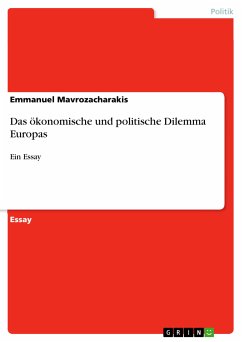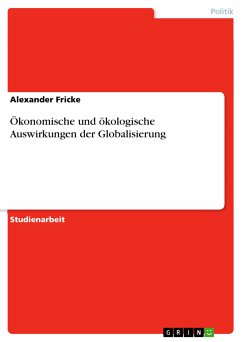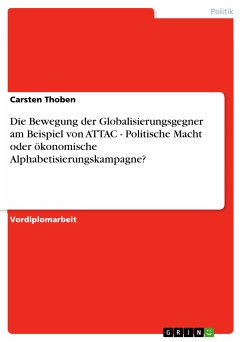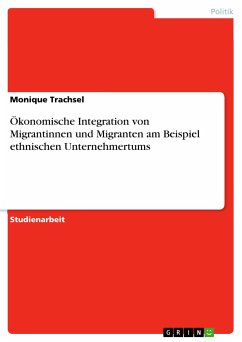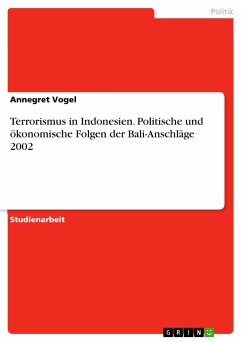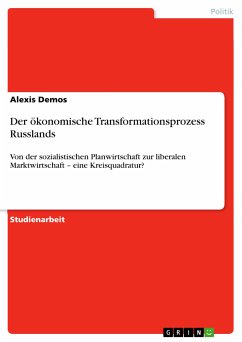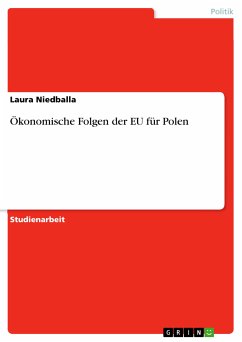Essay aus dem Jahr 2015 im Fachbereich Politik - Internationale Politik - Thema: Europäische Union, , Sprache: Deutsch, Abstract: Apparently the European economic model is being subjected to a double competition problem. On the one hand, there are enormous differences in the level of competitiveness of the various member countries of the euro area and the EU among themselves. In the long term this problem is stylized to a dramatic debt crisis for one Part of the EU member states like Greece, Portugal, Ireland, Spain and Italy. The advanced state debt is nothing more than a symptom of a lack of competitiveness. On the other hand, the European economic model seems to be not able not in the long term to follow the aggressive development orientation of the Far East. The dominant Forces into the EU tries to handle with this external competition problem mainly with wage policy measures such as wage cuts, a reduction in government expenditure or even with real depreciation. However, the limitation of political measures on the consolidation of public finance , is an attempt to deal only with the symptoms of the problem. The Result is, that a political problem of legitimacy is called into the world that has mainly two aspects. On the one hand, a problem of sovereignty in the sense that the transmitted decision-making powers of the states at the EU instances, is not transferred to the benefit of democratically elected bodies like the European Parliament, but to artificially created bodies of financial supervision like the Troika that directly or indirectly is under the influence of the most powerful member states. In this Way we have on the other side the production of a huge democratic deficit. This finds his expression in the demand on democratically elected governments to prevail unpopular austerity measures, even if they have to bypass their parliaments, institutions and constitutions.

